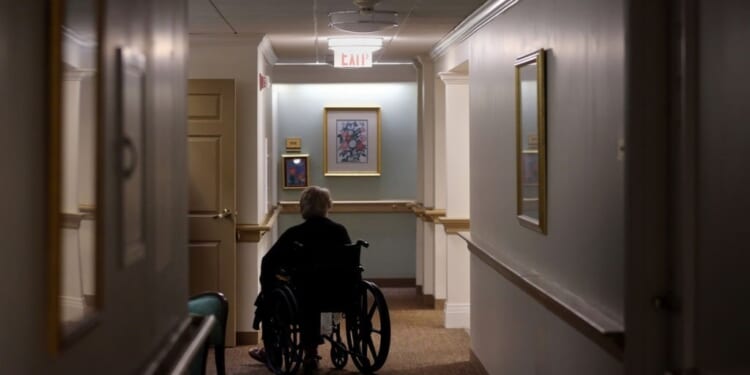A new study shows a simple exercise could reduce the chances of memory loss.
Alzheimer’s disease remains one of the most devastating illnesses of our time. It gradually steals memories, independence, and even a person’s sense of self, often leaving families to watch helplessly as their loved ones fade away. Every three seconds, someone develops dementia. The condition affects more than seven million Americans over age 65, according to the Alzheimer’s Association, and the number is projected to rise sharply in the coming decades. But there is some good news. New research now suggests that one simple daily exercise could dramatically slow the pace of decline.
New Hope for Alzheimer’s
A recent study from Mass General Brigham, funded in part by the National Institutes of Health and published in the journal Nature Medicine, offers hope that something as accessible as walking several thousand steps a day may delay memory loss and cognitive decline in older adults at risk for Alzheimer’s. Researchers followed nearly 300 people between the ages of 50 and 90, none of whom had dementia at the beginning. Over the course of nine years, they tracked participants’ activity levels and conducted brain scans to look for two key proteins linked to Alzheimer’s disease: amyloid beta and tau.
 The study focused more on participants who already had higher levels of amyloid since they had a greater risk of developing Alzheimer’s disease. They found that those who walked an average of 3,000 to 5,000 steps daily, about 1.5 to 2 miles, had a delay in cognitive decline of roughly 3 years compared to those who lived a mostly sedentary lifestyle.
The study focused more on participants who already had higher levels of amyloid since they had a greater risk of developing Alzheimer’s disease. They found that those who walked an average of 3,000 to 5,000 steps daily, about 1.5 to 2 miles, had a delay in cognitive decline of roughly 3 years compared to those who lived a mostly sedentary lifestyle.
Those who walked between 5,000 and 7,500 steps every day had even better results, with declines delayed by about seven years. The positive effect seemed to level off beyond 7,500 steps, though many health sites and recommendations suggest 10,000 steps per day.
Surprisingly, the participants with the higher levels of amyloid had the stronger benefits from walking. For those with lower levels, the exercise still helped, but the delay in cognitive decline was smaller.
“This sheds light on why some people who appear to be on an Alzheimer’s disease trajectory don’t decline as quickly as others,” said senior author Jasmeer Chhatwal, M.D., Ph.D., of the Mass General Brigham Department of Neurology, in a press release. “Lifestyle factors appear to impact the earliest stages of Alzheimer’s disease, suggesting that lifestyle changes may slow the emergence of cognitive symptoms if we act early.”
Still, the study has its limits. Because it was observational, it cannot confirm that walking alone caused the slower decline. People who walked more might also have had other healthy habits, such as eating better, sleeping more, or engaging in social and mental activities. The sample group was also relatively small and made up of volunteers who were mostly healthy and well educated, meaning the results might not apply to everyone.
Experts recommend pairing regular physical activity with other healthy habits for optimal brain health, such as maintaining a balanced diet, staying socially engaged, and managing conditions like high blood pressure or diabetes. The Alzheimer’s Association has emphasized that no single factor can prevent the disease, but combining lifestyle measures can significantly reduce risk and improve quality of life.
According to Alzheimer’s Disease International, the disease is expected to nearly double every 20 years worldwide. While the world still awaits a cure, research increasingly points to the power of everyday choices. Lifestyle changes, particularly those started early, can help slow the onset and severity of symptoms, giving individuals and families more years of clarity and independence. In the long fight against Alzheimer’s, the simple act of putting one foot in front of the other may be one of our most effective tools.
Liberty Nation does not endorse candidates, campaigns, or legislation, and this presentation is no endorsement.

















